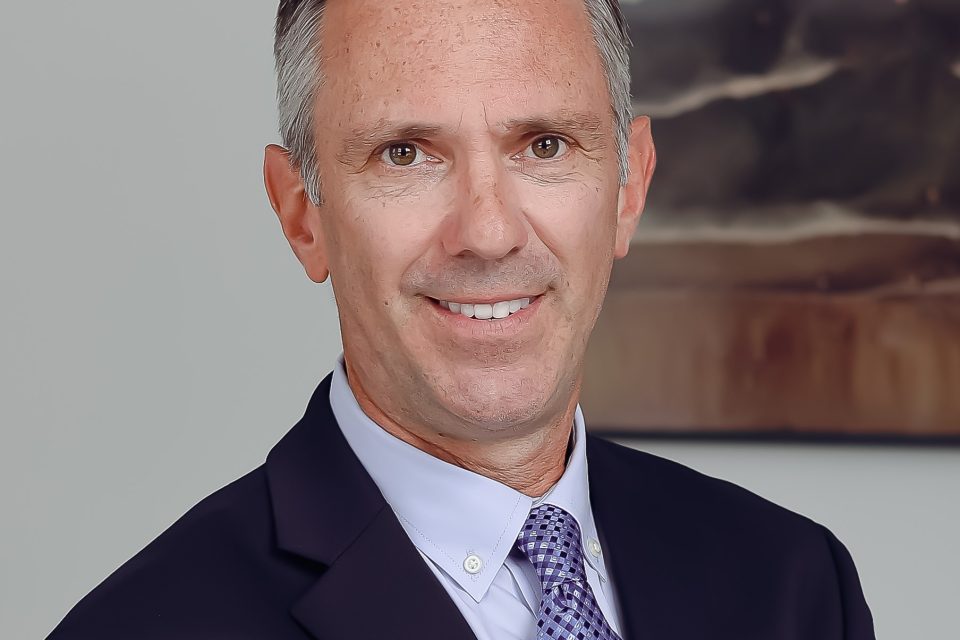There have been lots of changes over time in the materials used to restore teeth. Many of the materials I use today were not in existence when I started to practice. The most significant changes have been to materials that are tooth-colored.
There are very few patients who ask for gold or silver fillings any more. And, while some of these newer materials are tooth colored, there are factors which need to be considered in determining what material is appropriate for each individual situation. The longest lasting restorations I have ever seen are gold done by dentists who really knew the art of working with gold.
Prevention of decay and other factors that require teeth to be restored, is the best defense to not needing restorative dental work. Keeping up with maintenance cleaning appointments and listening to your dental team’s recommendations regarding diet, homecare and other forms of prevention, such as nightguard use, is key to avoiding many dental problems.
One of my favorite quotes in dentistry comes from a pioneer dentist who died in a plane crash back in the 1970’s named Bob Barkley. Aside from being the one who said “The best dentistry is No dentistry”, he also said, “The goal of dentistry is to make the patient worse at the slowest possible rate”. I think about this quote all the time when making recommendations and treating patients. Sometimes it leads me to recommend more extensive treatment, and other times it leads me to not recommend any treatment at all, even despite apparent need. Every individual has their own set of factors that need to be considered.
Dr. Barkley also coined the phrase “co-diagnosis”, which refers to the patient taking an active role in their dental health. It is the role of the dentist to not only educate the patient on their specific situation and different options for care, but to also extract (pun intended) from the patient, their goals for their dental health. It is so important to think beyond the immediate fix sometimes. Taking the time to talk to patients about why things are happening, and about their choices for prevention and treatment, allows patients to become active participants in their health. I wish I could say that was the norm.
There are barriers to this model. One of the biggest issues facing both dentists and patients today is the role of patient’s dental benefit companies. The trend is less costly plans with fewer benefits, and restrictions on providers. Oftentimes, to get the maximum (or sometimes any) benefit, the patient must seek a dentist who is participating in that particular dental plan. I would encourage staying away from any dental plan that forces you to see specific providers. You should always have a choice.
My simple suggestion is to take a more active role in your own dental health. Think forward and ask your dentist or dental hygienist about things that can make your situation worse at the slowest possible rate. You very well may be doing fine, or just need a couple of tweaks to your home care regimen. Find a dental team that listens to your concerns and takes the time necessary to establish a plan that makes sense and you are on board with.
Dr. St. Clair maintains a private dental practice in Rowley dedicated to health-centered family dentistry. He has a special interest in treating snoring, sleep apnea and TMJ problems. If there are certain topics you would like to see written about or questions you have please email them to him at jpstclair@stclairdmd.com
Dr. St. Clair maintains a private dental practice in Rowley dedicated to health-centered family dentistry. He has a special interest in treating snoring, sleep apnea and TMJ problems. If there are certain topics you would like to see written about or questions you have please email them to him at
jpstclair@stclairdmd.com




